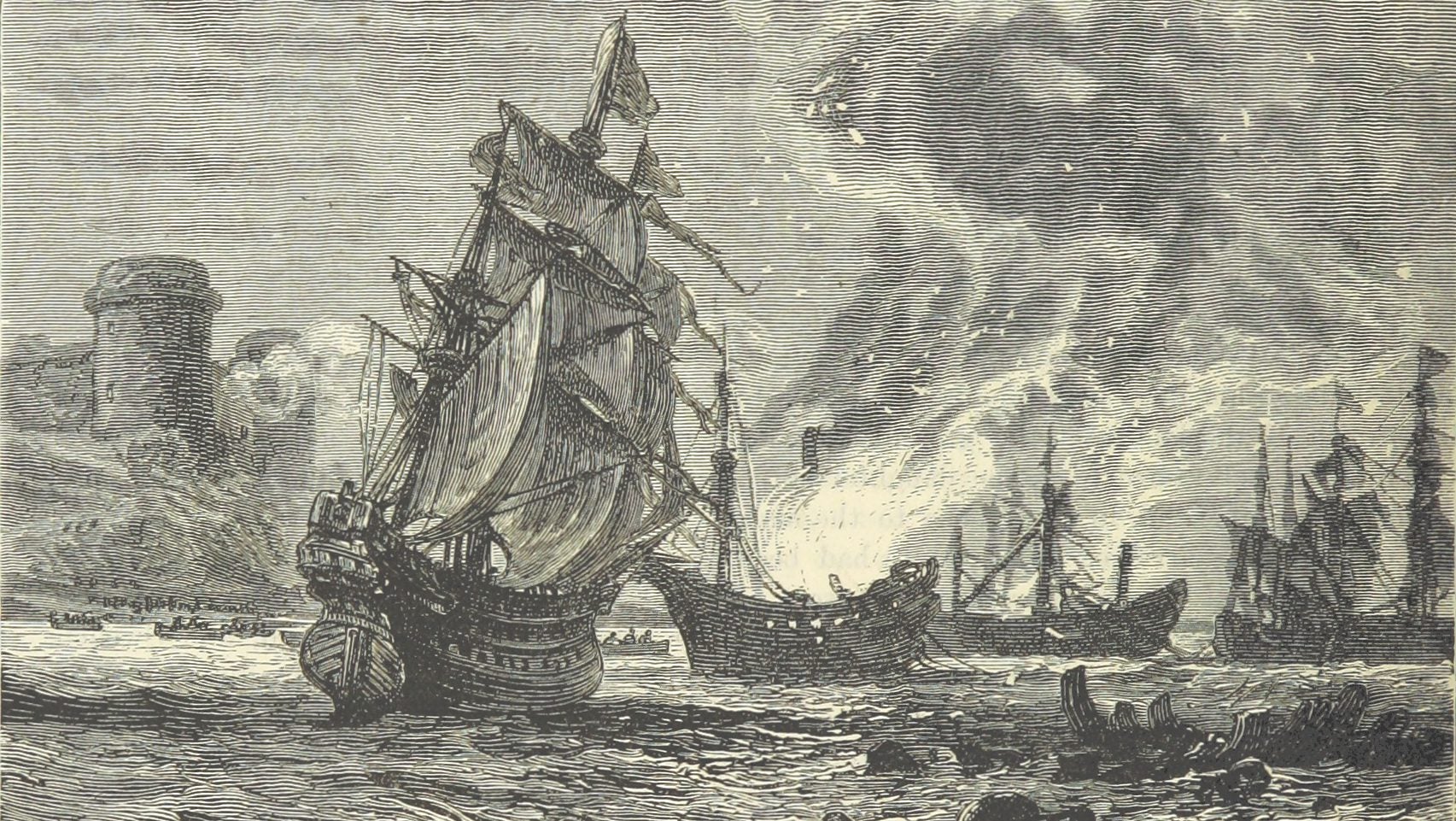The phrase “going Dutch” is a 300-year-old insult to Dutch people
During its imperial heyday, when England found itself fighting pretty much everyone in Europe, haughty digs toward other nations pervaded everyday language. And today a handful of casual culture-bashing remains embedded in the English spoken by people all around the world.


During its imperial heyday, when England found itself fighting pretty much everyone in Europe, haughty digs toward other nations pervaded everyday language. And today a handful of casual culture-bashing remains embedded in the English spoken by people all around the world.
During the Anglo-Dutch Wars that began in the late 17th century, a number of English idioms sprang up that used “Dutch” derisively. Today’s version of the English language retains hints of this long-running pissing contest between the Dutch and the English. It’s one of the many odd, dark, lovely, prejudicial, eye-rolling, mistaken, coincidental ways in which history shapes the way we speak.
Here are a few that we still use, which are thought to be rooted in the war between the two empires, gathered from the Oxford English Dictionary and the Oxford Concise Dictionary of Place Names. Americans may be familiar with the first in the list; the rest are more commonly used in the UK:
- to “go Dutch” or to have a “Dutch treat” is to eat out with each person paying for their own bill, possibly from a stereotype of Dutch frugality
- “Dutch courage” is nerve one gets from drinking alcohol, possibly related to a stereotype of the Dutch being heavy drinkers, or maybe a dig that associates Dutchness and falseness
- a “Dutch bargain,” which means a deal struck over booze, likely has similar origins as the above, and is less common today
- to speak “double Dutch” is to speak gibberish or incomprehensibly, i.e. to not be understood by the English
The two superpowers, England (and later the UK) and the Dutch states (later the Dutch Republic), vied for naval dominance in the series of wars starting in the mid-1600s and ending in the late 1700s. By the end of the third of these wars in 1674, England had proven its prowess at sea. The fourth Dutch-Anglo war began in 1781, when the Dutch tried to aid the American colonies in their fight against the English. In it, the Dutch Republic suffered several losses and its power waned significantly.
The surviving idioms from the Anglo-Dutch Wars share linguistic territory with phrases that target two other popular butts of English jokes: the Irish and French. English prejudice against the Irish often depicts people from Ireland as unreliable or low-class; some phrases that still survive (albeit uncommonly used) are an “Irish promotion” (a demotion), an “Irish hint” (an unsubtle hint, like an elbow jab), and an “Irish” (illogical) statement or action.
The French, meanwhile, have the distinct pleasure of being associated with sexual promiscuity in British English. The English believed in a stereotype of French wantonness, leading to English phrases like “French letter” (a condom) and various idioms for syphilis and other STDs that associated the illnesses with the French: one might have said, for example, that George picked up a “French compliment,” “French goods,” or the “French measles.”